Somalia
Fighting resumed on Tuesday in the disputed town of Las Anod in the self-declared republic of Somaliland, which is situated in northern Somalia.
The number of casualties from the latest fighting is not yet known, but the International Committee of the Red Cross and Crescent states that over 150 people have been killed and over 600 wounded since the violence began on February 6th.
It was sparked when Dhulbahante clan elders reportedly issued a declaration stating that they no longer considered themselves part of Somaliland and that Sool, Sanaag and Cayn regions would now be governed Somalia.
Fighting then erupted between Somalland's army and militias loyal to Somalia and since then more than 60,000 Somalis, mainly women and children, have fled to Ethiopia’s Somali region, according to the UN's refugee agency.
A ceasefire was briefly declared on February 10th, but the two parties have accused each other of violating it since then.
The latest clashes began hours after clan leaders in Sool region, where Las Anod is located, issued a statement pledging to support "the unity and integrity of the Federal Republic of Somalia." They urged the authorities in Somaliland to withdraw their forces from the region.
Meanwhile Somaliland's government stated in a news release:
"In order to prevent the implementation of peace and ceasefire efforts, armed groups have launched a major military offensive on Somaliland National Armed Forces bases in Las Anod and the forces have fought back."
On February 16, the local UN Office for the Coordination of Humanitarian Affairs said that more than 185,000 people fled the violence in Las Anod, saying nearly all of them - 89 percent - were women and children.
"Most people have fled the city and there is a shortage of water and electricity," city resident Ali Dhuux Adam told AFP, saying the hospital was also targeted.
On February 7, the UN said that at least 20 people had been killed, and called for an independent and impartial investigation.
A former British territory, Somaliland declared its independence from Somalia in 1991, but it is not recognised by the international community.
Although the region of 4.5 million inhabitants has since remained poor and isolated, it has enjoyed relative stability. Meanwhile, Somalia has been ravaged by decades of civil war and Islamist insurgency.



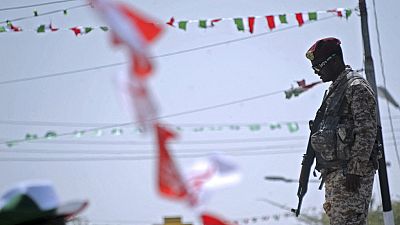

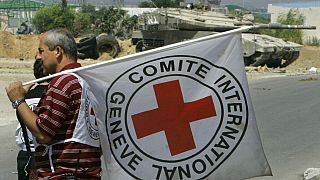
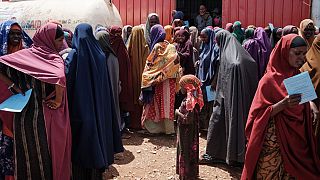
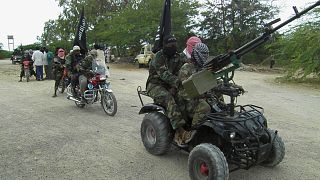
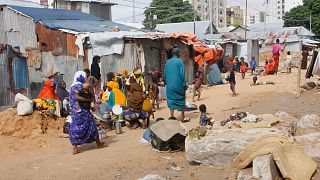

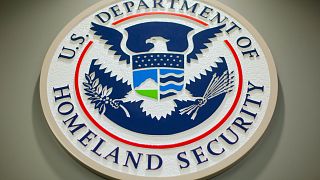
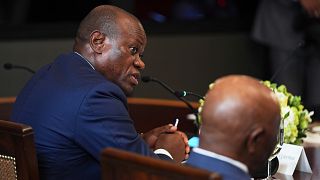

01:03
Kenyan court finds two men guilty of facilitating 2019 hotel terrorist attack
01:51
Somalia celebrates the International Day for Women in Maritime
01:12
At least seven killed by overnight floods in Mogadishu
Go to video
UN Pushes for Inclusive Somali dialogue
Go to video
Somali president focuses on reforms, not re-election for now
Go to video
Somalia launches national voter registration campaign